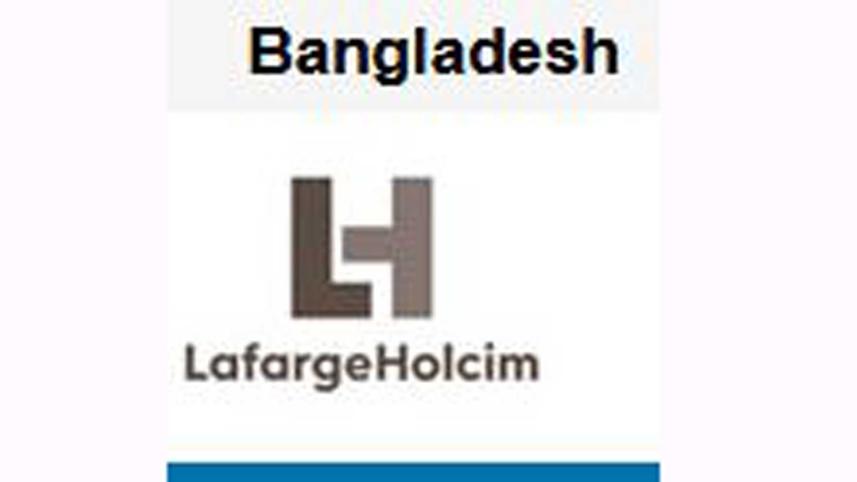LafargeHolcim gets SC go-ahead

The Supreme Court's Appellate Division has allowed LafargeHolcim Bangladesh to continue production and sale of aggregates in the open market until the government forms a related policy.
Aggregate is a broad category of coarse particulate material used in construction, including sand, gravel, crushed stone, slag, recycled concrete and geo-synthetic aggregates.
LafargeHolcim Bangladesh terms its aggregate as graded limestone chips having uniform size and shape conforming to international standards.
It commenced commercial production of aggregates in January 2021 setting up a crushing unit with ancillary equipment on the premises of its existing integrated clinker and cement manufacturing plant in Chhatak, Sunamganj.
The company said it had the approval to bring in limestone through a cross-border conveyer belt from India for the purpose of manufacturing cement and clinker.
In September last year, the industries ministry directed LafargeHolcim to stop producing aggregates by crushing the same raw material and marketing them locally as it had no legal layout plan and approval, according to a letter of the ministry.
LafargeHolcim then filed a writ petition, challenging the ministry's instruction.
In January this year the multinational cement manufacturer received the final nod from the High Court to resume its aggregate business. The industries ministry then filed a petition challenging the judgment.
The Appellate Division recently disposed of the petition, said a Dhaka Stock Exchange (DSE) website post of the company yesterday.
It took into consideration a recent industries ministry letter allowing temporary permission to continue the business until the government formed a policy
The letter also stipulated that once a policy was published, the company had to apply again for the permission.
Stocks of LafargeHolcim Bangladesh, however, dropped 1.87 per cent to Tk 78.90 at the DSE yesterday.
Built with an investment of Tk 40.1 crore, the company's plant has a capacity to produce 12 lakh tonnes of aggregate per annum.
The annual demand is around 1.5 crore tonnes, for which Bangladesh relies on imports from the countries such as India, Bhutan, Vietnam, Oman and the UAE for supply.



 For all latest news, follow The Daily Star's Google News channel.
For all latest news, follow The Daily Star's Google News channel.
Comments